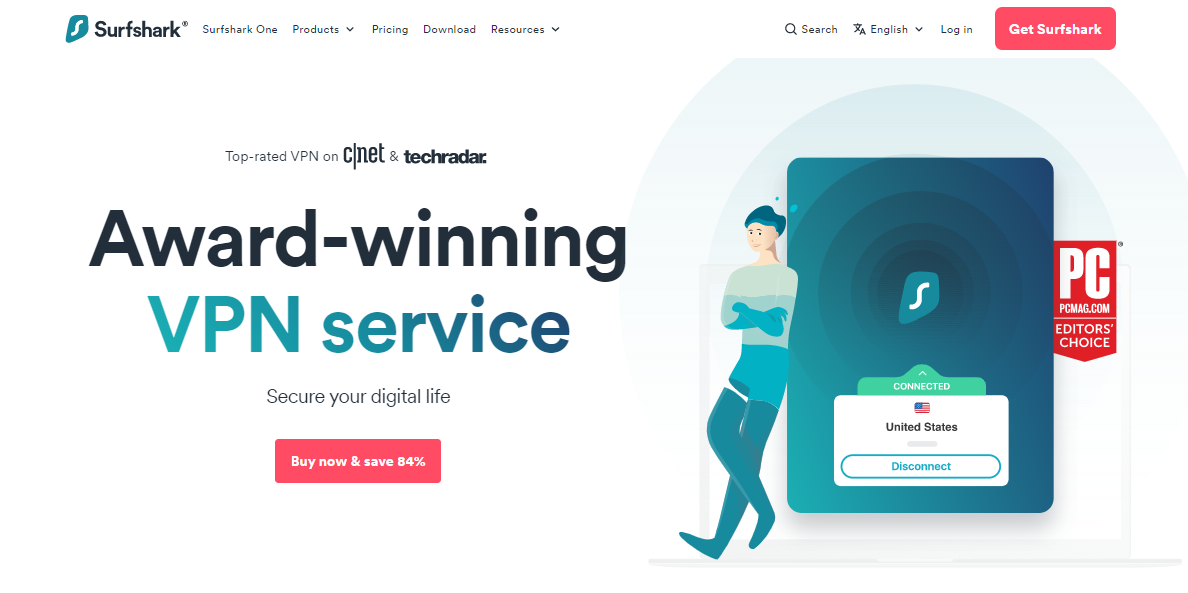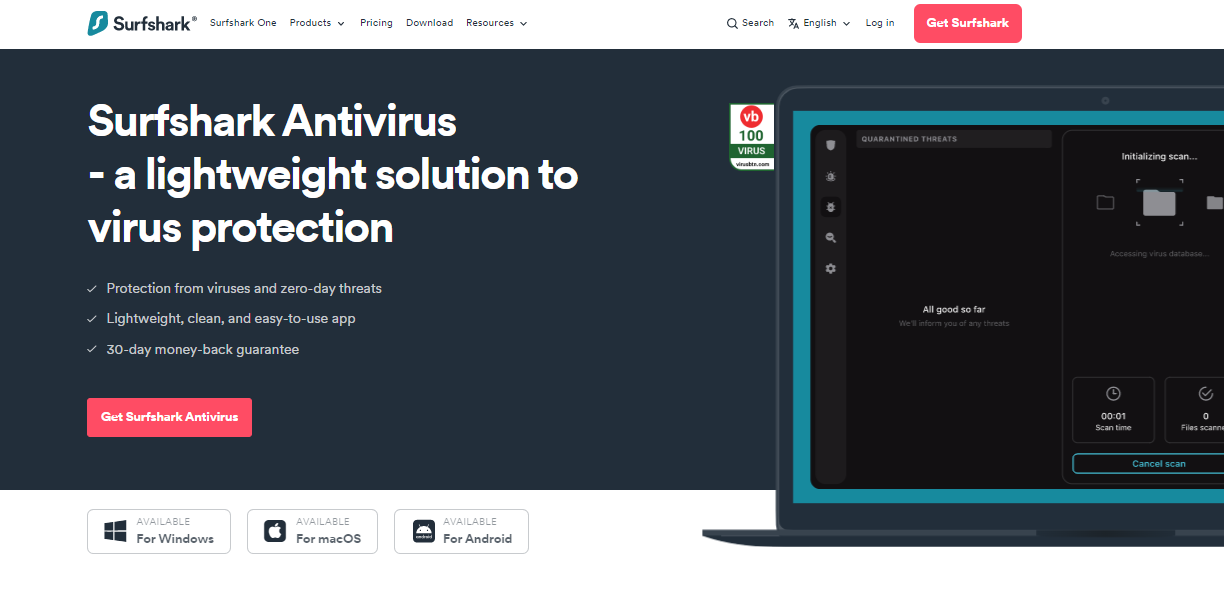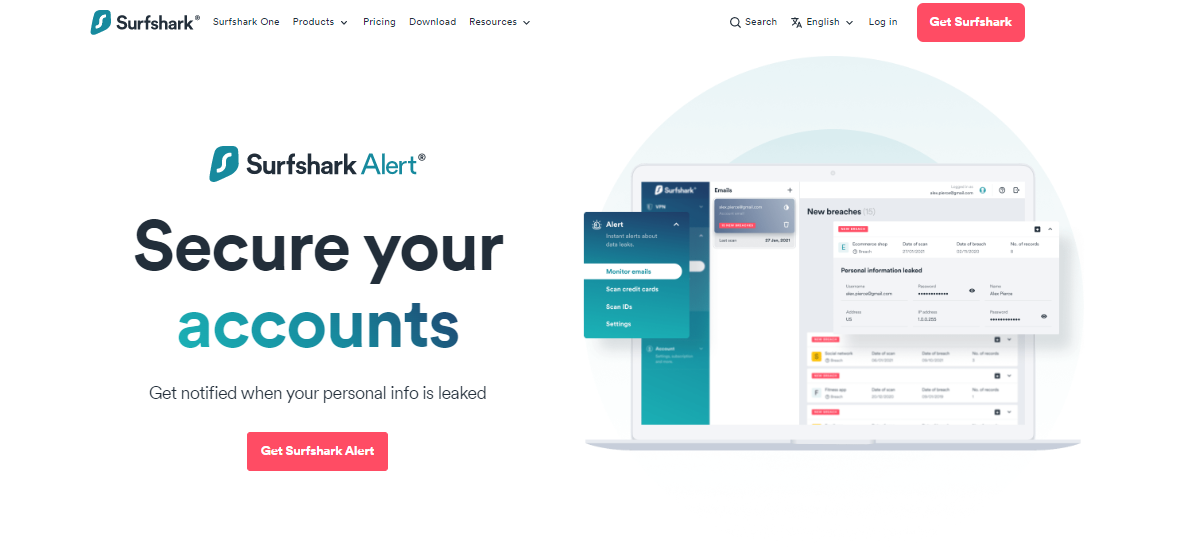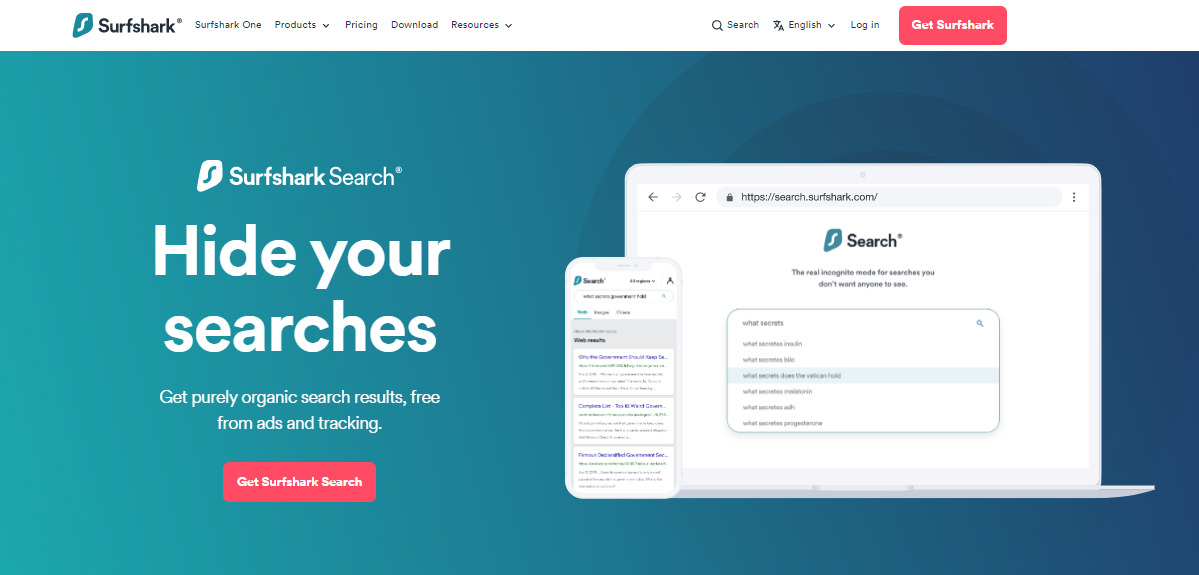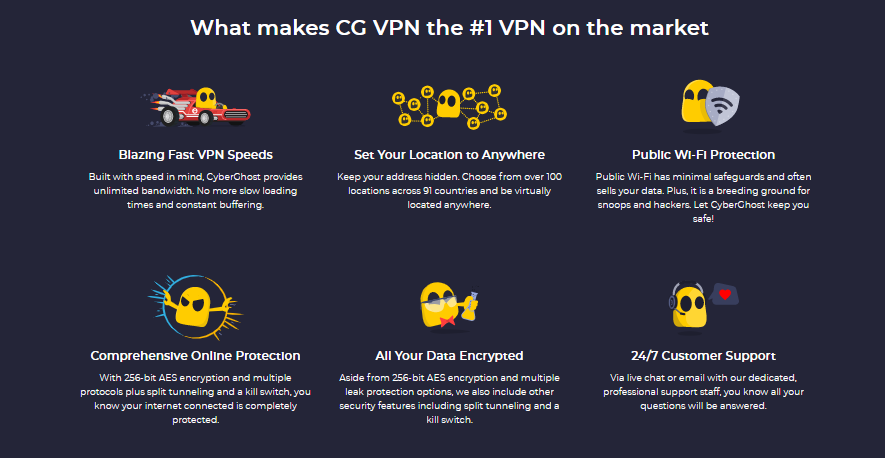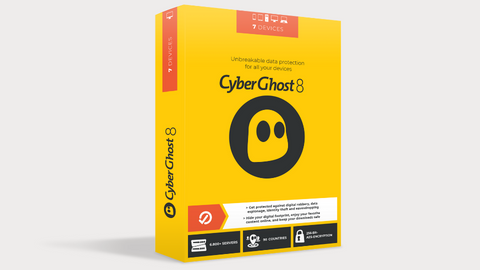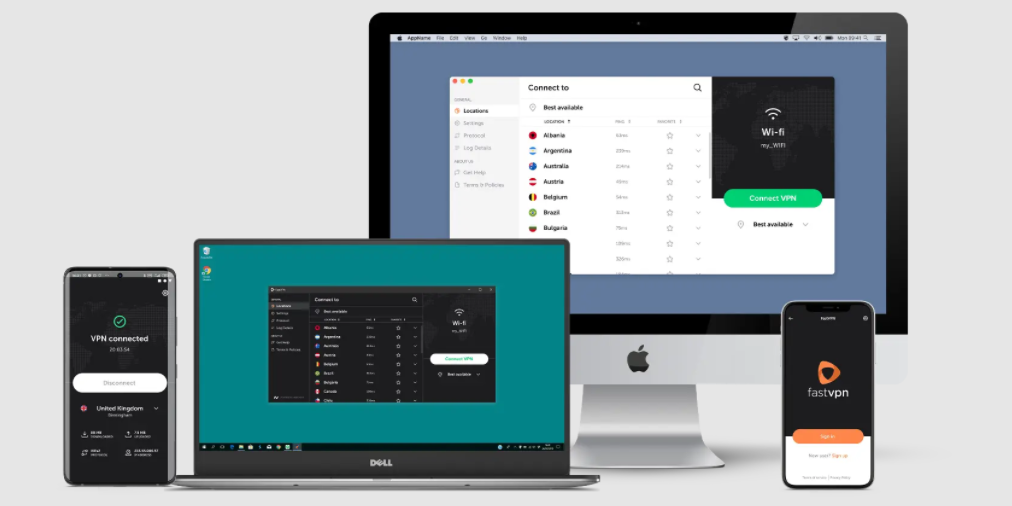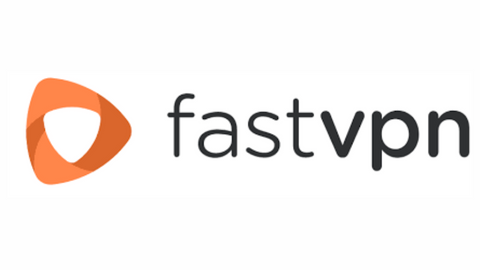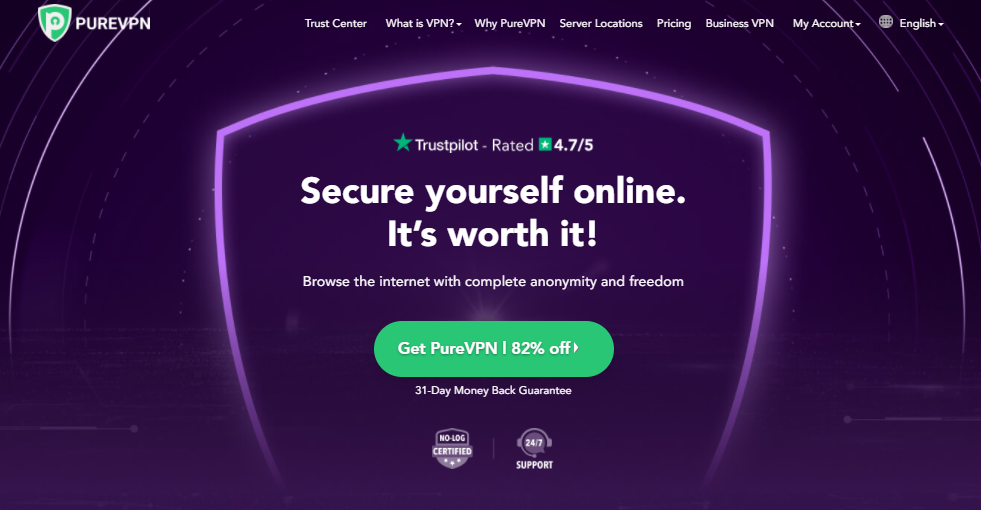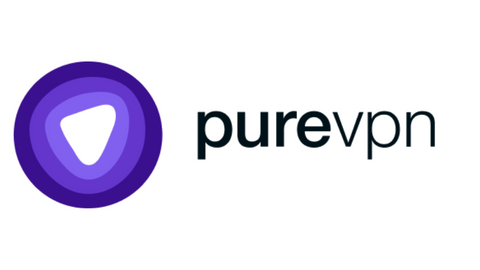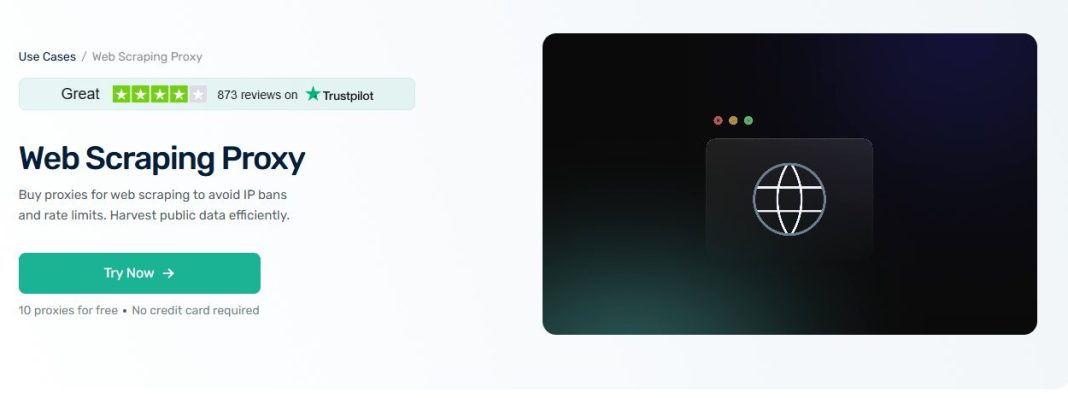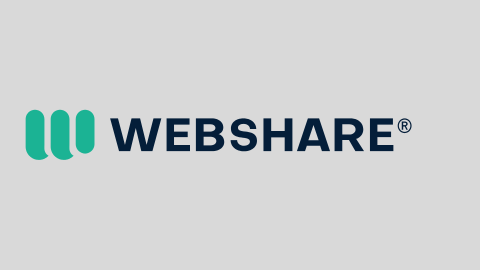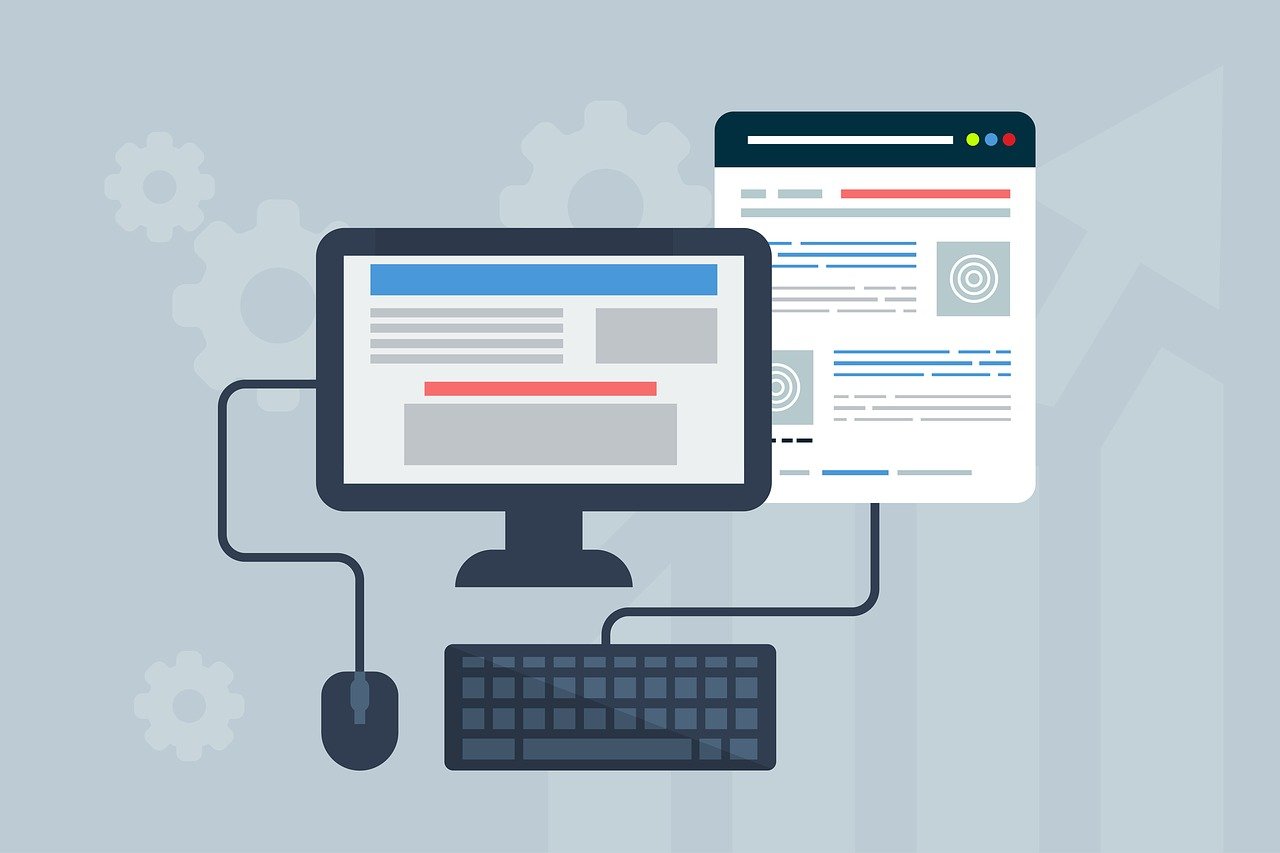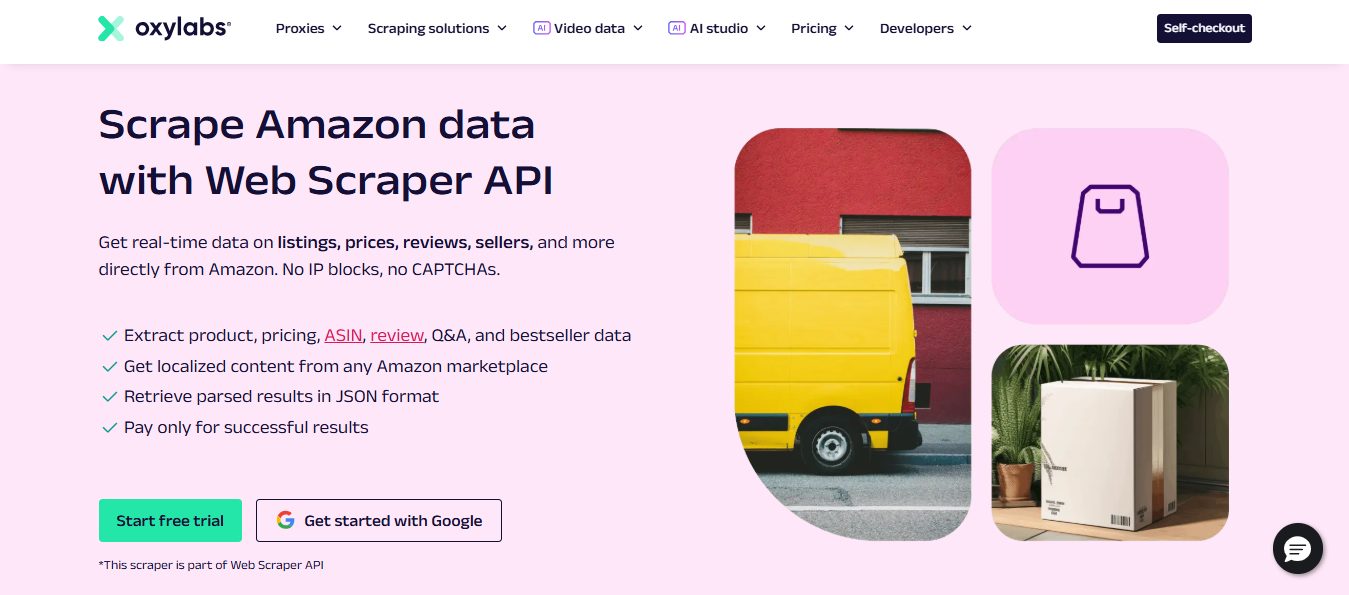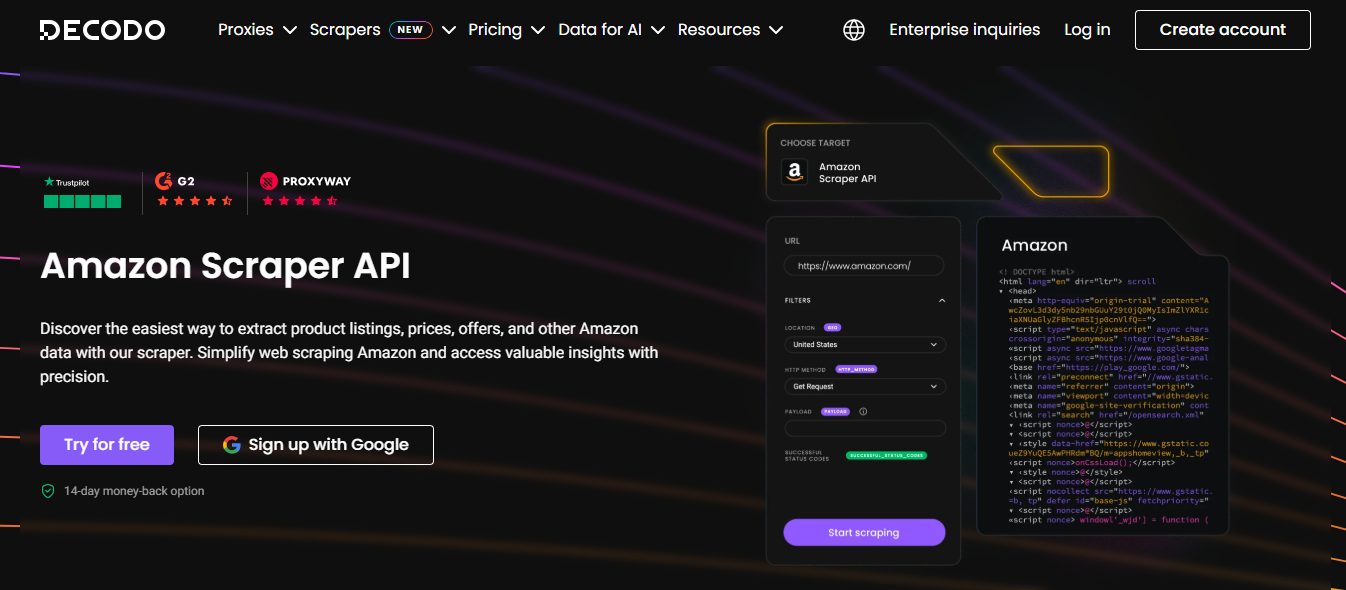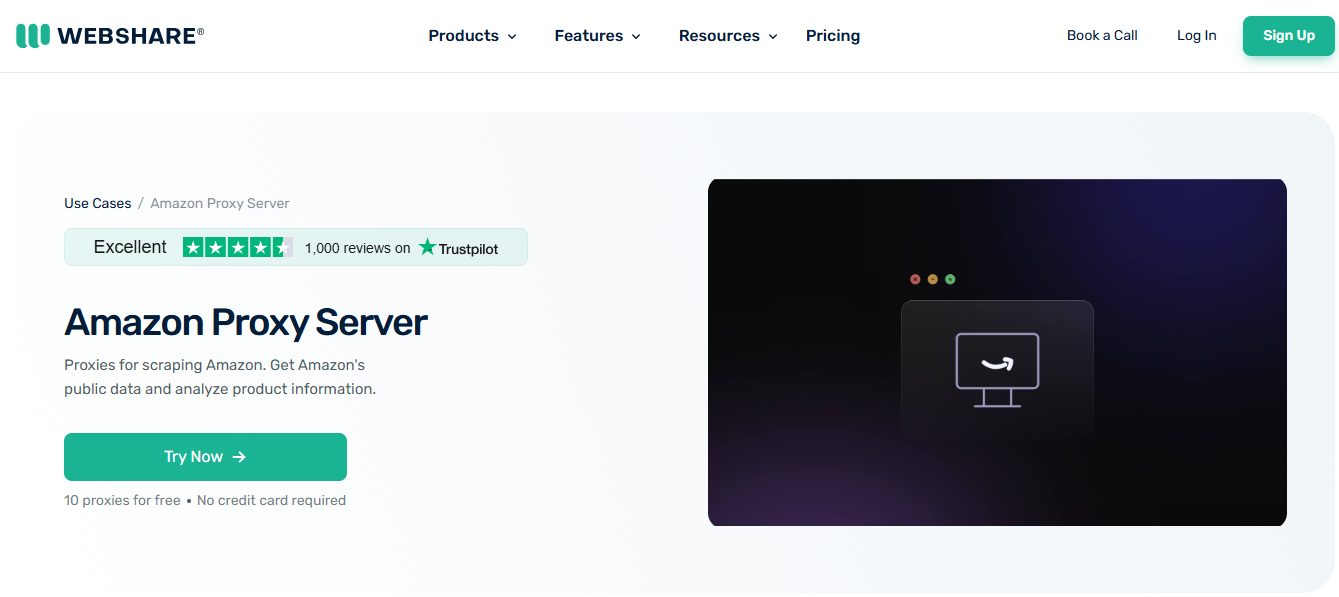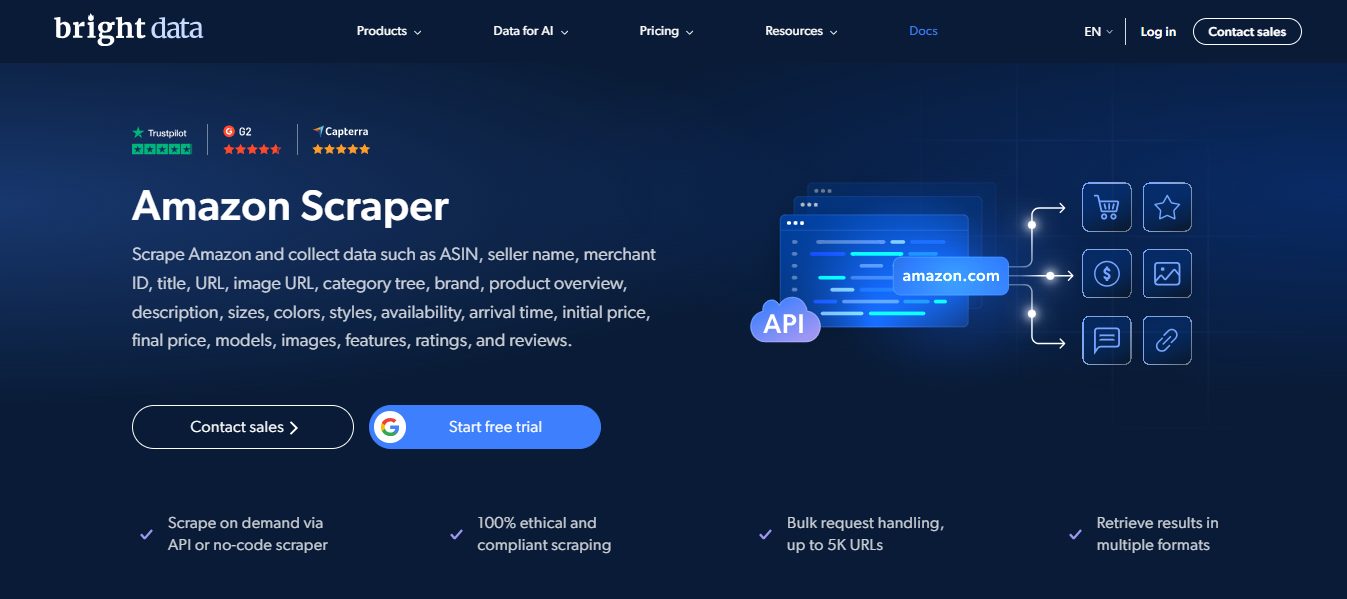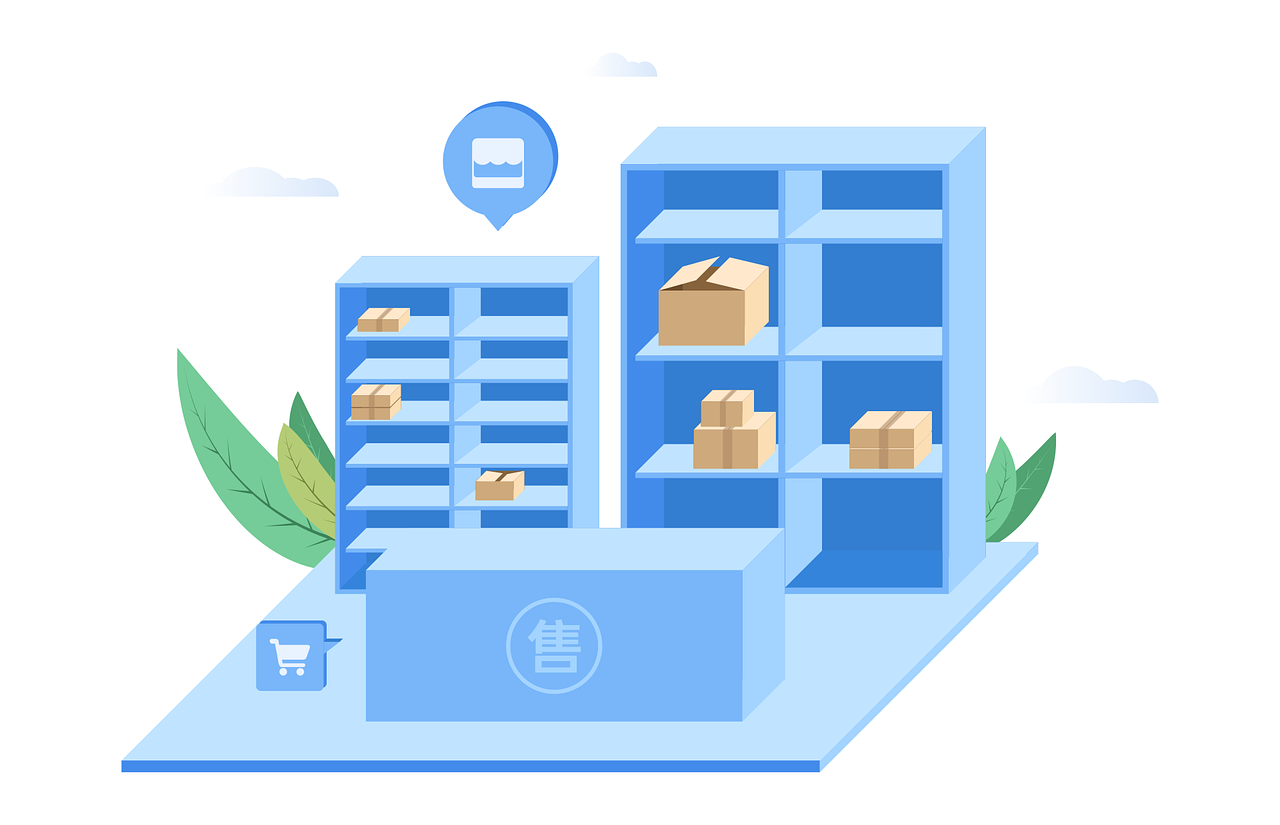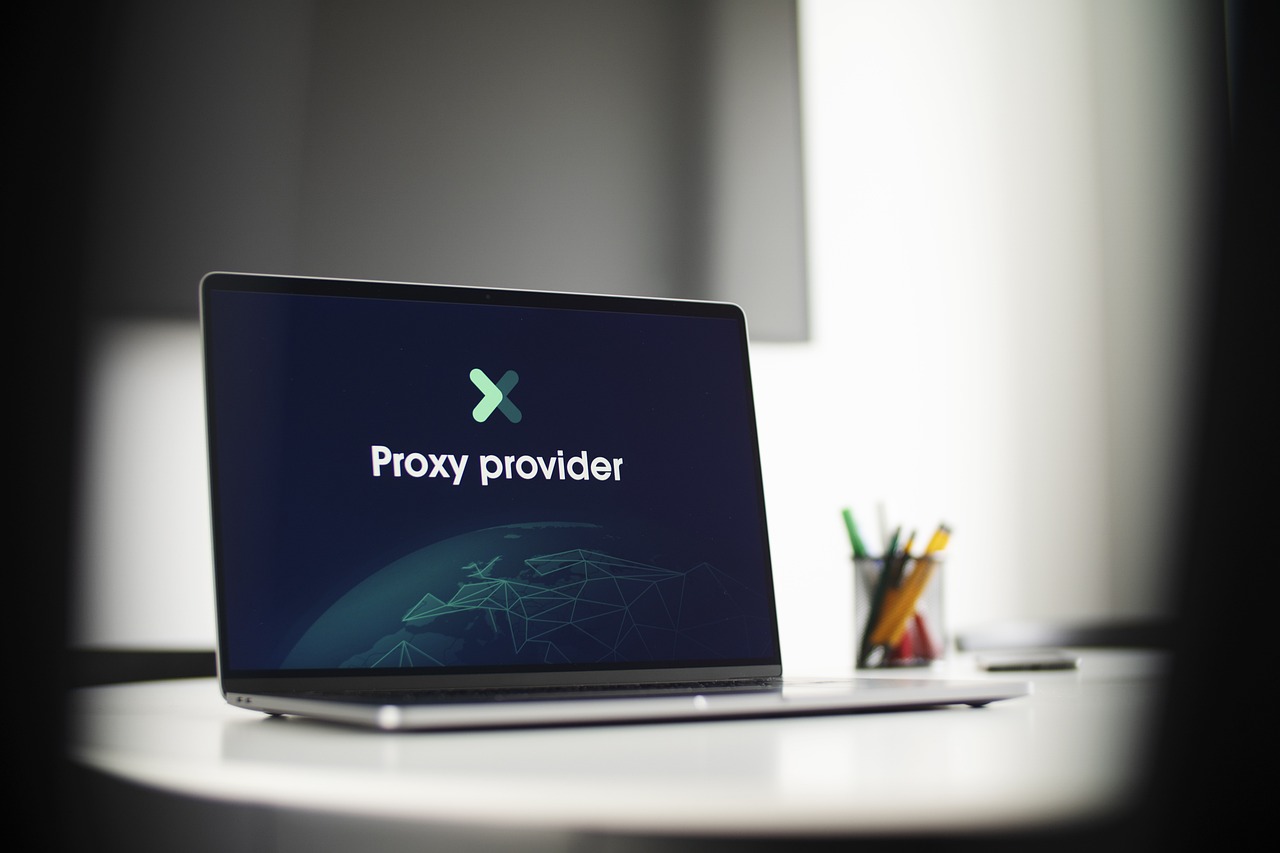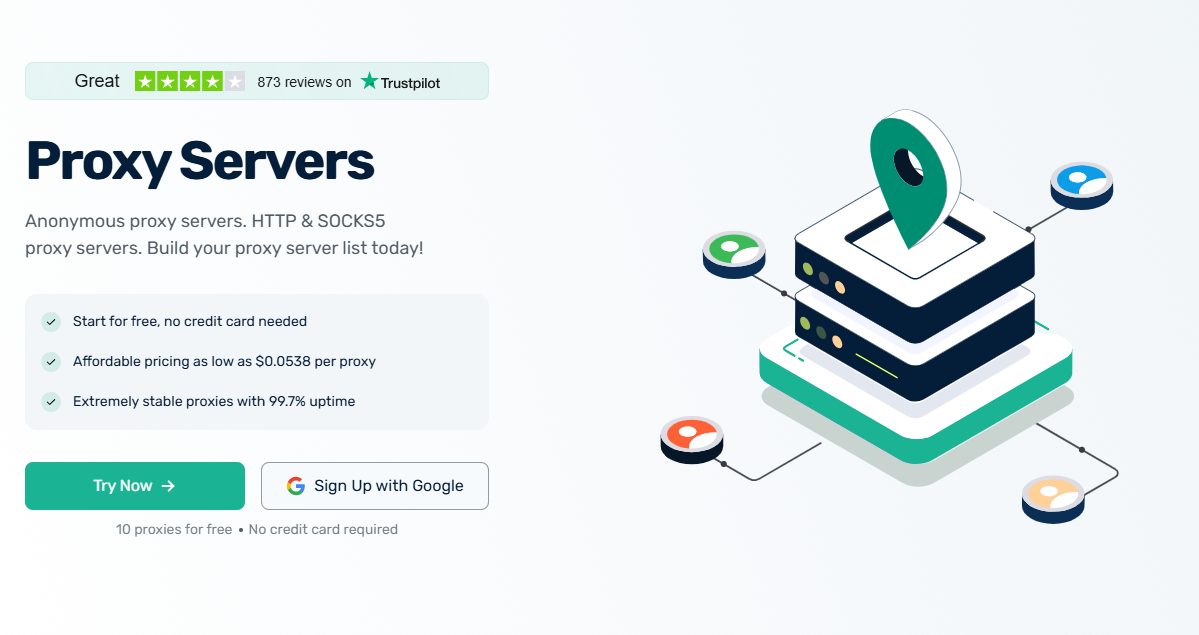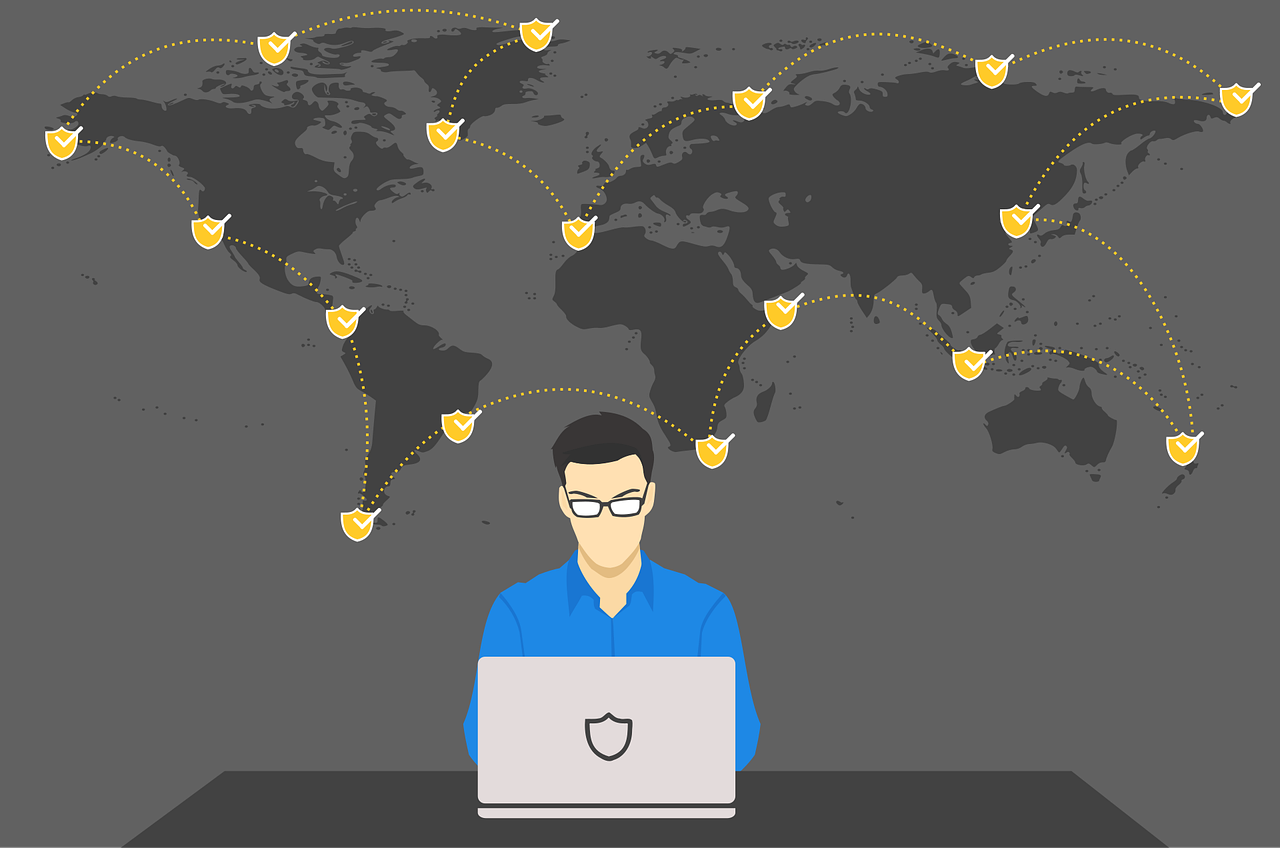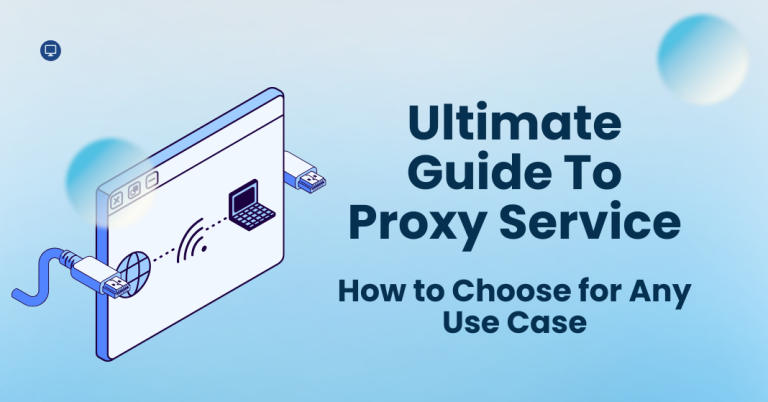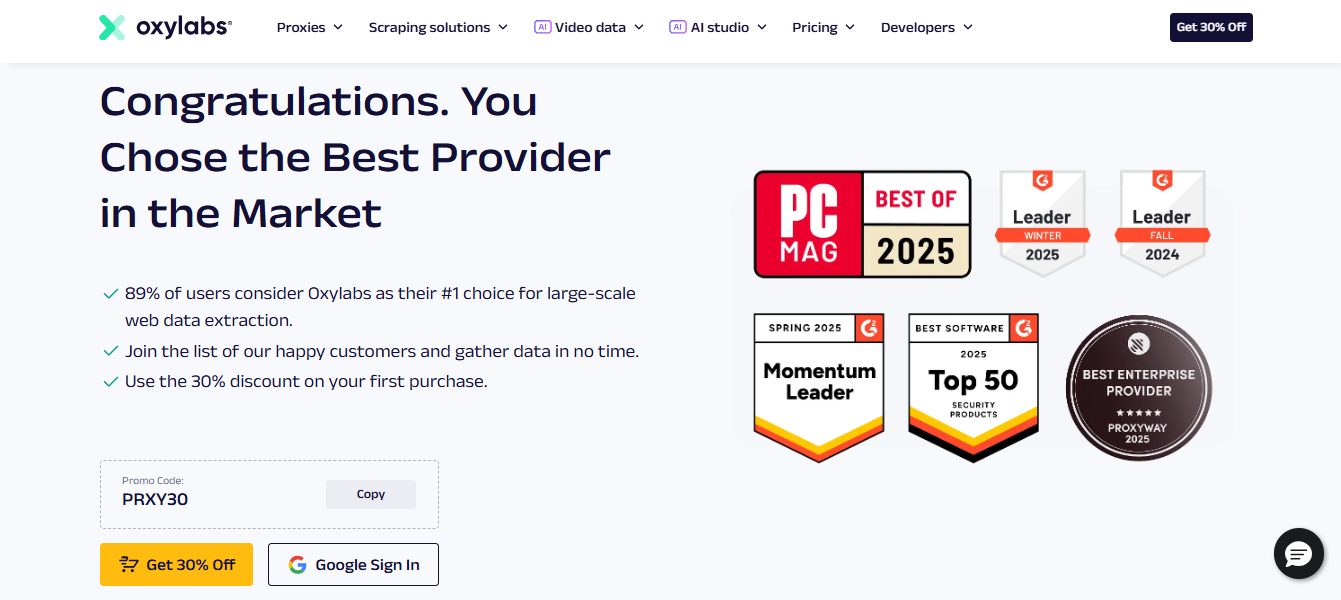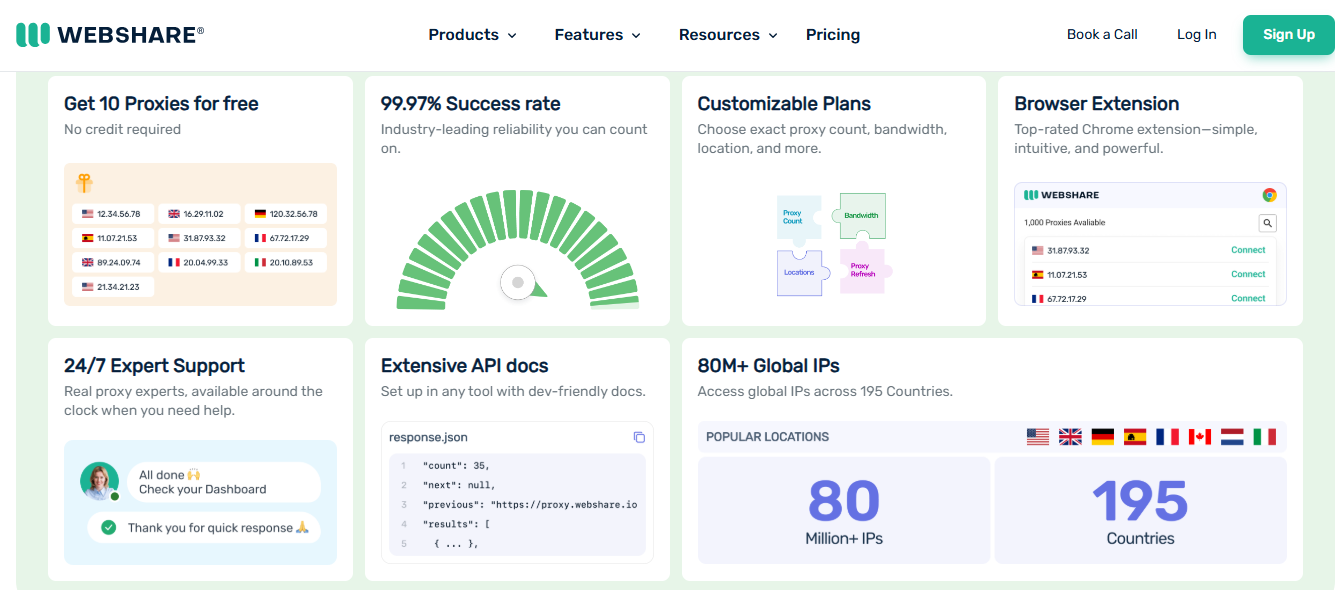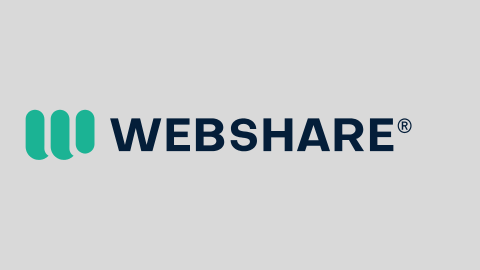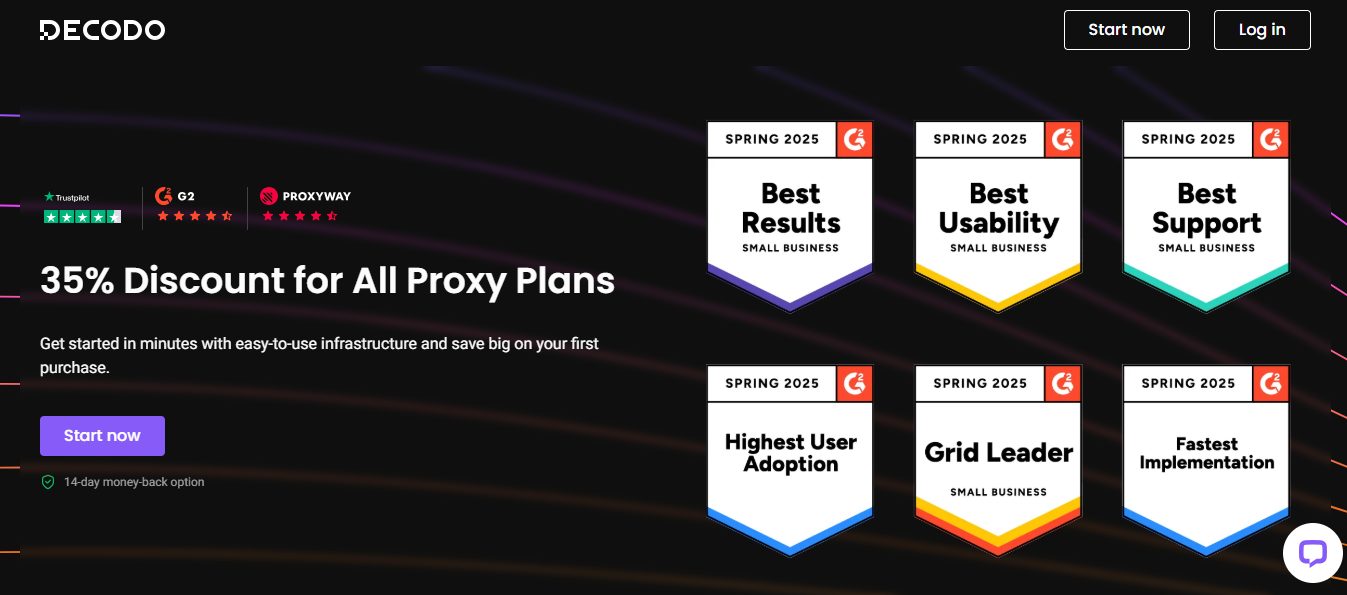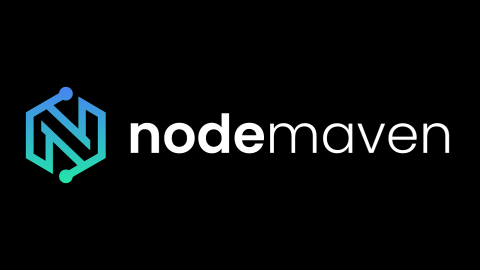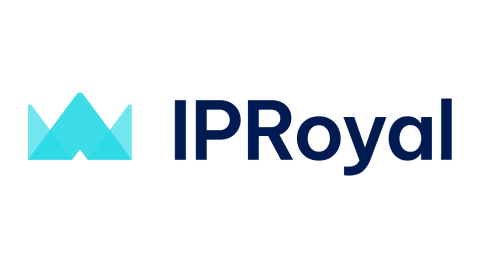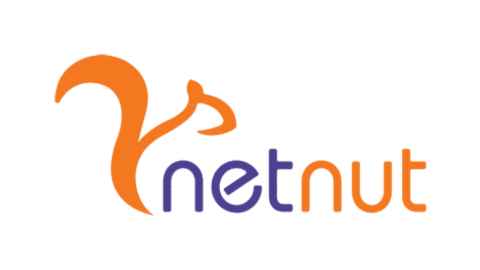Here, we will show you a comprehensive Surfshark One Review.
Using cybersecurity tools to protect yourself online is the right thing to do. But we tend to purchase these tools from different cybersecurity companies.
Surfshark has decided to place all the cybersecurity tools you might need into one bundle, so you don’t need to keep making payments to different providers. This is why Surfshark One is currently present in the cybersecurity market.
With numerous services available on the market, finding the ideal one for your specific needs can be challenging. That’s why in this article, we’ll take an in-depth look at Surfshark One to see if it’s the right service for you.
Without further ado, let’s get started with the Surfshark One review.
Table of Contents
What Is Surfshark One?
Surfshark One is a bundle that contains four cybersecurity tools: VPN, Antivirus, Alert, and Search.
The Surfshark VPN masks your internet traffic, secures your identity, and protects your privacy. This virtual private network helps you bypass government censorship and content restrictions.
The Surfshark Antivirus performs scheduled scans of your device and protects it in real-time from malware and viruses.
Surfshark Search provides only helpful and organic results, is ad-free, and keeps no logs or trackers.
Lastly, Surfshark Alert serves as a breach detection mechanism, alerting you in real-time to potential personal information leaks.
If you are wondering how Surfshark One works? Then, you should know that Surfshark One works as a device, data, and browsing protection bundle.
==>> Get Surfshark One Deal
Surfshark VPN
Surfshark VPN is a VPN service that encrypts your internet traffic and routes it through a server in a different location. This hides your IP address and online activities from your ISP and government, and can also bypass geo-restrictions and censorship.
This virtual private network (VPN) provider has headquarters in the British Virgin Islands. It has been in operation since 2018 and offers a variety of features, including military-grade encryption, a strict no-logs policy, unlimited simultaneous connections, and DNS leak protection.
Surfshark also offers a kill switch feature, which will prevent your device from accessing the internet if the VPN connection is lost. The company also offers a unique “split tunneling” feature, which allows you to route some of your traffic through the VPN while other traffic remains unencrypted.
Surfshark is a great choice for those seeking a reliable and affordable VPN option. It is also a good choice for those seeking a VPN service that provides a high level of security and privacy. We have a list of the best VPN services, you can check them out.
Additionally, Surfshark offers fast speeds and stable connections and can be used on all major platforms, including Windows, macOS, iOS, Android, smart TVs, and more.
Note: Neither Surfshark nor SecureBlitz supports illegal torrenting. Also, Torrents should be used only for legal file sharing and downloading.
Surfshark Antivirus
Surfshark Antivirus is a powerful antivirus tool that offers protection against a wide range of threats, including viruses, malware, spyware, and other online threats.
It provides real-time protection against cyber threats and blocks malicious websites before they can load.
Additionally, Surfshark Antivirus comes with a variety of features to help you stay safe online, including a firewall, anti-phishing protection, and scheduled scans.
It is available for Windows, Mac, and Android devices.
Surfshark Alert
Surfshark Alert is a data breach prevention and email security solution that helps users protect their critical data from unauthorized access and malicious attacks.
Furthermore, Surfshark Alert helps monitor users’ critical data, such as passwords, credit cards, personal identification numbers, and email addresses, and notifies them in real-time in the event of a data breach.
Surfshark Search
Surfshark Search is a zero-log, ad-free service that allows you to search the web securely and privately. This means that your searches are not tracked or logged by Surfshark, and you will not see any ads when using the service.
Your search history is not tracked or stored, and your personal information is not shared with advertisers or third-party organizations.
Surfshark’s private search engine is powered by Bing API, a respected leader in online privacy.
How To Download And Install Surfshark One
Surfshark One is a cross-platform app compatible with both mobile devices and desktops.
After subscribing to the Surfshark One deal at their official website here.
On Android, launch the Play Store and type ‘Surfshark’ in the search bar. Click on the first result, and you will be redirected to the Surfshark VPN page. Select Install, and the app will be installed on your device.
On iOS and macOS, visit the Apple App Store, search for ‘Surfshark’ in the search bar, and click on the first result. On the redirected Surfshark VPN page, select ‘Install’ or ‘Get’, and the software should be installed on your device automatically.
On Windows, open the Surfshark Windows Download Page and click “Download” to automatically download the app to your device. After the download is complete, locate the installation file in the Downloads folder of your device and click on it. Click on ‘Yes’ to allow the app to make changes to your device, and it should start installing.
==>> Get Surfshark One Deal
Surfshark One Features
Kill Switch
Surfshark One Kill Switch is one of the foremost features of the VPN solution. It performs one duty: to protect your privacy should your internet drop. This ensures that your data is not exposed even when your connection with a VPN server drops.
So, if you’re browsing and, for any reason, your network connection is lost, the feature automatically ends all web connections. That way, there’s not even a second of unprotected connection for hackers to exploit.
The Kill Switch feature stays on by default. However, if it’s your first time using the Surfshark One solution, please confirm this in the settings.
Once you activate the feature, you won’t need to perform any other notable activity for it to work. The Kill Switch works quietly in the background. So, relax and rest assured that it’ll protect your privacy should your network fail.
Bypasser
Bypasser is a Surfshark One split-tunneling feature. It works on Windows and Android and is yet another feature of the VPN. On Windows and Android, Surfshark VPN allows users to bypass all or specific apps and websites.
How the solution works is simple. It allows you to activate the VPN for specific apps while bypassing it for others.
For example, suppose you intend to access your Chrome browser using a VPN. However, you want to browse via Firefox using your actual IP address.
Typically, upon activating the VPN, it’ll work for all apps on your device. But with the Bypasser, you can select what apps you want.
So, to follow the example, simply bypass the VPN for Firefox while allowing it for Chrome.
Scan for Viruses and Malware
Surfshark Antivirus performs both scheduled and quick scans of your device to provide real-time protection against harmful content containing malware and viruses.
It’s a lightweight yet dependable solution that’ll keep your system free from various threats.
Ease of use is one of the best features of the Surfshark One antivirus feature. When you launch the app, you don’t get numerous tabs, unlike most antivirus apps. Instead, you get a simple interface, and all it takes is one click to launch the scanning process.
Furthermore, the software has minimal impact on your resources. As a matter of fact, you won’t even know that it’s switched on. It works quietly in the background, allowing your CPU and RAM to handle other necessary tasks.
No Ads & Targeting
When using Surfshark Search, you won’t see any ads, and it takes care of targeting by using different IP addresses.
This feature is made possible by CleanWeb. And you can use it on all Surfshark One apps.
Surfshark One CleanWeb works not only as an ad blocker but also as a data breach and malware alert solution. So, if your details leak anywhere on the internet, you’ll know within the shortest possible time.
Besides the apps, you can also use CleanWeb as a browser extension. It supports Chrome, Firefox, and Edge.
Email Accounts, Personal ID, and Credit Card Protection
With Surfshark Alert, you get to receive alerts whenever your email address or credit card details appear on any breached online database. It also informs you of the security status of your personal ID.
CleanWeb
Surfshark helps to block trackers, ads, and banners, shielding users from phishing and malware attacks.
MultiHop
To enhance your security, Multihop allows you to connect to two different VPN servers simultaneously.
Cookie Pop-up Blocker
While browsing, Surfshark ensures that you don’t leave behind cookies by bypassing cookie pop-ups before they appear.
Auto-connect
Surfshark VPN allows your network to auto-connect, ensuring that your data is always protected.
Surfshark One Apps & Extensions
The Surfshark App is available on all major platforms and devices, including Windows, macOS, Linux, Android, iOS, Smart TVs, and routers. The extensions are also available on browsers like Chrome, Firefox, and Edge. They are easy to use and specially crafted with the users in mind.
During this Surfshark One review, we observed that some features are specific to particular apps and extensions. For instance, features such as bypasser, data encryption, override GPS location, and small packets are available only for Android devices.
Surfshark One Customer Support & Resources
Surfshark One features an exceptional 24/7 customer support team that provides various technical support options to users in case they encounter any issues using the Surfshark application. They address issues promptly and accurately, and can be contacted via email or live chat.
The Surfshark resources include helpful and detailed how-to articles, product guides, and various FAQs, all of which are readily available on the website.
Surfshark One Pricing
Like most cybersecurity companies, Surfshark doesn’t lock certain features to different plans; instead, all the plans offer the same features, with the duration being the deciding factor. You also save more when you subscribe to a longer plan.
Surfshark One offers three pricing plans, allowing users to connect unlimited devices with a single subscription and enjoy privacy and security on all their devices simultaneously.
Here are its pricing plans :
- 1-Month Plan: Billed at $14.44 per month.
- 12 Months Plan: Billed at $5.48 per month, which is $65.76 per month. You get to save 62%.
- 24-Month Plan (+2 Free Months): Billed at $3.98 per month, totaling $95.52 for 26 months. You get to save 76%.
==>> Get Surfshark One Deal
Surfshark One Review Ratings
For this Surfshark One review, we will be using the reviews from Reddit, TrustPilot, g2, SiteJabber, and Quora to rate the features, app, pricing, and customer service of Surfshark One.
1. Features
Compared to most cybersecurity companies that offer VPN services separately from other tools, Surfshark One provides users with four tools in one, allowing them to protect their privacy, browse freely without being tracked or interrupted by ads, detect security threats and data breaches, and safeguard their devices against sophisticated malware and viruses.
Being able to protect an unlimited number of devices simultaneously with one subscription is a plus. Its tunneling protocols are fast and secure, and it uses AES 256 GCM encryption. The speed is quite good when connected to nearby servers. Additionally, the Alert tool provides users with a clear view of leaked data, rather than simply stating that a leak has occurred.
For its features, we will give the Surfshark One a rating of 5/5.
2. Apps
Surfshark One is available on all major platforms, including Windows, macOS, Linux, Android, and iOS. This allows users to protect their devices, whether it is a computer, smart TV, router, or mobile device. The user interface of their apps is friendly, making them easy to use and navigate. They are also easy to install.
When it comes to the Surfshark apps, we will give a 5/5 rating.
3. Pricing
For pricing, Surfshark One is affordable, and the price is fair compared to other cybersecurity companies. I guess that’s why Surfshark is known as the leading VPN with an honest price.
This honest pricing also extends to its Antivirus, Alert, and Search tools. The longer the plan’s duration, the more users can save.
Additionally, it offers a 30-day money-back guarantee policy, allowing you to thoroughly review the software and make an informed decision within one month. It, however, doesn’t have a free plan, and its 7-day free trial is only available to users of Android and iOS devices.
For us, regarding pricing, it’s a 4.7/5 rating.
4. Customer Support
According to reviews, Surfshark One offers really helpful customer support. The tech support and customer service team deal with issues quickly, and they are available around the clock, 24/7.
For this Surfshark One review, we contacted their customer service after a paid subscription. It is quite easy to reach their support team. All you have to do is click on the “Submit a request” or “Live Chat” buttons on the website.
The website also features helpful and detailed how-to articles, product guides, and several FAQs. This leads to a conclusion of a 5/5 rating for Surfshark One customer support.
![Surfshark One Review [4 Tools In One]](https://secureblitz.com/wp-content/uploads/2022/03/Screenshot_18.png)
Surfshark One Pros
- All the security tools are in one account.
- Based in the Netherlands.
- Unlimited devices can be connected and protected simultaneously.
- Available on multiple platforms.
- Fast and secure tunneling protocols, along with AES 256 GCM encryption.
- Multi-hop, no-borders, and bypasser functionalities are available.
- Unblocks top geo-restricted streaming sites.
- 24/7 customer support.
- Surfshark Antivirus can detect all types of malware, including sophisticated malware.
- Surfshark Alert performs useful scans on users’ devices and provides a detailed view of any leaked data that is found.
- Surfshark Search is secured, allows you to select your region, and provides helpful search results.
- Surfshark has over 3200 servers located in 65 countries.
- Ad-free and no-tracker browsing experience.
- High-speed content delivery.
- Fair pricing.
- Strict no-logs policy.
- Independently audited twice.
Surfshark One Cons
- It doesn’t provide much information on detected malware.
- Features such as bypasser, data encryption, override GPS location, and small packets are available only on Android.
Surfshark One Review: Frequently Asked Questions
Is Surfshark One Safe?
Yes, Surfshark One is safe. It offers both trustworthy security and incredible value to users. It protects your privacy with a VPN, secures your devices from malware and viruses, allows you to search the web anonymously and ad-free, and safeguards your accounts from data breaches.
It has been independently audited twice and maintains a no-logs policy, ensuring that you can carry out internet activities with complete peace of mind. Surfshark has a stellar reputation for avoiding suspicious business dealings and leaks.
Besides, it is based in the Netherlands, which is not a member of the international surveillance alliances, such as the 14 Eyes, Nine Eyes, and Five Eyes, meaning there is no obligatory law concerning data retention. To ensure anonymity, you can pay for Surfshark using cryptocurrencies.
Is Surfshark One Legit?
Yes, Surfshark One is legitimate and provides comprehensive online protection, covering everything from browsing to accessing restricted content. However, Surfshark doesn’t encourage the use of its products to commit crimes.
To ensure that you are not committing a crime, double-check that the laws of your country and regions allow the use of VPNs before downloading or using Surfshark One.
Is Surfshark One Free?

No, Surfshark One is not free. However, Surfshark VPN offers a 7-day free trial for macOS, iOS, and Android, available on the Apple App Store and Google Play Store, which allows you to test the service.
The free trial subscription can be used on all your devices, irrespective of the operating system. This, however, doesn’t apply to the other three Surfshark One tools (Antivirus, Search, and Alert).
The good news is that a 30-day money-back guarantee applies to all Surfshark One tools. That is, after 30 days of using the service, and you are not happy with it, you get a 100% refund.
If you use an Android or iOS device, you are eligible for the 7-day free trial and the 30-day money-back guarantee together, which means you have 37 days to experience the full Surfshark benefits and make a decision on whether you actually want it.
Can Surfshark One Products Be Bought Separately?
No, you can’t. Surfshark Antivirus, Search, and Alert are sold together in a single bundle alongside the Surfshark VPN. You can opt for the VPN service alone but you can’t opt for any of the Surfshark One tools alone.
According to Surfshark, they made this change for functionality and cross-platform app integration to provide users with a better experience.
READ ALSO: Is Surfshark One Worth It? [Honest ANSWER]
What Are The Best Surfshark Country Servers To Connect To?
When selecting the best Surfshark country VPN server to connect to, both geographical location and performance should be considered.
All Surfshark servers perform excellently, but the speed of the server is dependent on the number of users connected to it at that moment.
If you are concerned about speed, the best Surfshark country server to connect to is the one geographically closest to you. However, if your concern is streaming, the best country servers are Switzerland, Canada, Germany, Iceland, Estonia, the United Kingdom, the USA, and Malaysia.
What Are The Top Geo-restricted Streaming Sites That Surfshark Can Unblock?
For this Surfshark One review, we tested it against dozens of streaming sites. In fact, Surfshark can unblock a wide range of streaming services, including Disney+, Netflix, Prime Video, HBO Max, BBC iPlayer, DAZN, Hulu, Kodi, Crunchyroll, ESPN+, MTV, YouTube Premium, Comedy Central, TV4Play, CBS, and many others. Users get to watch movies, sports, and television shows safely when using Surfshark VPN.
Surfshark servers are stream-optimized, allowing you to privately and safely bypass geo-blocking and stream your favorite content without interruption.
It hides your real IP address, thereby making it easy for you to unblock these geo-restricted streaming sites.
Does Surfshark Keep Logs?
Surfshark has a strict no-logs policy, and so it doesn’t keep logs. That is, it doesn’t track your online actions or whereabouts and has no record of your IP address, browsing history, network traffic, session information, connection timestamps, or used bandwidth.
Surfshark servers only keep enough data that will enable your VPN connection or Surfshark Search to keep going and none of the data is kept after you are done. Being based in the Netherlands gives Surfshark the added advantage of upholding its no-logs policy.
Is Surfshark One Good For Gaming and Streaming?
Yes, Surfshark One is good for gaming and streaming.
Bypassing online gaming restrictions and preventing DDoS attacks is a breeze when using Surfshark. Its servers and fast speed ensure that you won’t worry about lag at all. It provides users with security and privacy when playing games online.
With Surfshark One, you can chat using Discord and other public chat forums. You also get to protect yourself from malware, high ping, and IP throttling.
Surfshark VPN features CleanWeb, a bypasser, and a kill switch functionality that helps prevent ads, ensure speed, and prevent leaks when gaming.
Furthermore, its encrypted VPN tunnel makes restricted sites accessible and avoids ISP throttling.
Surfshark VPN servers enable users to stream their favorite content from various geo-restricted streaming sites worldwide.
All they need to do is choose an IP address that is located in a country where these sites are available and mask their real IP address with it, and they can safely stream restricted movies, TV shows, and sports sites.
READ ALSO: Surfshark One vs Surfshark VPN Comparison
3 Best Surfshark One Alternatives & Competitors
Although no Surfshark alternatives offer an antivirus, alert, or search tool, just VPN services, and other add-ons, as you can see from this Surfshark One review.
Let’s look into their VPN features and pricing.
1. CyberGhost VPN
CyberGhost VPN protects users online from ads, malware, data breaches, and tracking. Its no-logs policy is extremely strict, utilizing strong protocols and encryption, including OpenVPN, IKEv2, and WireGuard protocols, as well as 256-bit encryption.
It is great for online gaming and streaming, as it bypasses over 30 geo-restricted sites.
Additionally, users can utilize the CyberGhost Private Browser, CyberGhost Security Suite, and CyberGhost Password Manager.
This Surfshark One alternative features over 4,500 VPN Servers in 100 countries and allows up to 7 simultaneous connections. It is located in Romania, which is not a member of any data-sharing alliance.
It has an automatic kill switch, DNS & IP leak protection, and split tunneling. CyberGhost VPN is available for Apple TV, Smart TVs, macOS, Android, Linux, Windows, iOS, gaming consoles, routers & many more.
CyberGhost VPN has four pricing plans. The yearly plans include a 45-day money-back guarantee, while the monthly plan has a 14-day money-back guarantee.
- 1 Month – $12.99
- 1 Year – $47.40 annually ($3.95/month)
- 2 Years – $75.60 annually ($3.15/month)
- 3 Years + 3 Months – $83.85 annually ($2.15/month)
Get CyberGhost VPN
2. FastVPN
FastVPN is a VPN service provided by Namecheap to ensure internet freedom for its users. It is quite easy to use and can be installed on all major platforms, including computers, mobile devices, and routers.
It is great for browsing, gaming, streaming, and working, as it’s both secure and fast.
Just like other Surfshark One alternatives, FastVPN allows you to connect an unlimited number of devices simultaneously and protect them all.
Its features include a strict no-logs policy, 24/7 customer support, unlimited bandwidth, a hidden IP address, unblocking restricted sites, and public Wi-Fi security. It has over 1,000 servers in more than 50 locations worldwide.
FastVPN has two pricing plans. These plans both include a 30-day money-back guarantee.
- 1 Month Plan – $0.00 for the first month, then $5.88 monthly afterward. The first month is 100% free.
- 1 Year Plan – $12.00 ($2.88/month) for the first 12 months, then $34.56 annually after the first 12 months.
3. PureVPN
PureVPN is recognized for its commitment to ensuring the privacy and security of its users. With its AES 256-bit encrypted network, users can enjoy true online freedom and remain anonymous.
Its unique features include a no-log policy, split tunneling, internet kill switch, port forwarding, dedicated IP, 24/7 live chat, and 10 multi-logins.
This Surfshark One alternative boasts over 7,500 servers in more than 100 countries, offering a fast connection speed and a seamless experience for users, including gaming, streaming, browsing, and downloading. It is compatible with all devices, platforms, and browsers.
PureVPN offers three plans, all of which include a 31-day money-back guarantee.
- 1 Month Plan – $10.95 per month.
- 12 Months Plan – $35.88 annually ($2.99/month).
- 24 Months Plan – $47.76 ($1.99/month).
Get PureVPN
Is Surfshark One Worth It?
We can say that Surfshark One is definitely worth considering if you’re looking for a good all-around cybersecurity bundle service.
Surfshark One offers several features that make it a great choice for many users. For starters, it’s one of the most affordable bundles on the market, costing just $3.48 per month on a two-year plan.
Additionally, Surfshark adheres to a strict no-logs policy, meaning it doesn’t keep any records of your online activity. This is particularly important for privacy-conscious users who want to ensure their data is never stored or shared.
Finally, Surfshark offers a generous 30-day money-back guarantee, so you can try it out risk-free. Overall, it’s a great option for those looking for a fast, affordable, and privacy-friendly cybersecurity bundle.
READ ALSO: Is Surfshark Antivirus For Mac Worth It? [Here’s the ANSWER]
Wrapping Up The Surfshark One Review
Surfshark One provides you with all the security tools you may need with one account. It comprises of:
- Surfshark VPN
- Surfshark Antivirus
- Surfshark Search
- Surfshark Alert
Surfshark VPN, one of the best 2023 VPNs is quite secure and fast. On the other hand, Surfshark Antivirus can detect sophisticated malware and viruses. Conversely, Surfshark Alert scans your devices and offers a detailed view of the data that got leaked, if any is found. Meanwhile, Surfshark Search allows you to select your region and provides helpful search results.
The gateway to trusting cybersecurity companies is transparency, and Surfshark has been independently audited twice, passing both audits.
So, Surfshark is a company you can trust when it comes to your cybersecurity, and Surfshark One is a safe, legal option that comes at a fair price.
What’s your say on this Surfshark One review? Leave us a comment below.
==>> Get Surfshark One Deal
INTERESTING POSTS


![Surfshark One Review 2026: [4-In-1 Tools] Smart Cybersecurity Bundle Surfshark One Review 2026: [4-In-1 Tools] Smart Cybersecurity Bundle](https://secureblitz.com/wp-content/uploads/2022/03/VPN-3-768x345.png)


